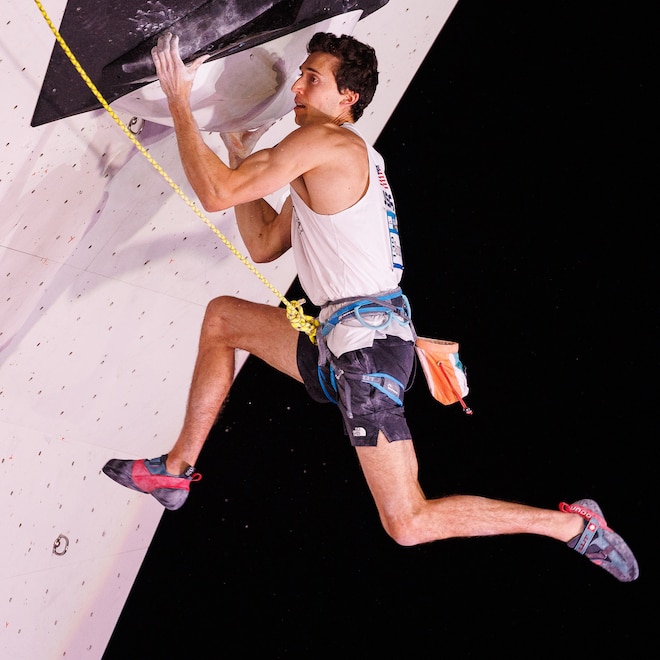Many Olympic athletes are fortunate enough to have their sport as their primary source of income. For athletes like Simone Biles, Katie Ledecky, Noah Lyles, and members of the U.S. men’s basketball team, their athletic careers allow them to make a living. These athletes have the potential to earn substantial amounts of money through sponsorships, endorsements, and prize money. In contrast, many Olympic athletes struggle to make ends meet and may have to work regular jobs to support their training and competition costs. The financial disparity among Olympic athletes highlights the challenges faced by those who rely solely on their sport for income.
The financial opportunities available to elite Olympic athletes are significant, with the potential to earn millions of dollars through various avenues. Sponsors are a major source of income for athletes, providing financial support and endorsements that can greatly increase their earnings. For some athletes, sponsorships can be more lucrative than prize money earned from competitions. In addition to sponsorships, successful athletes may receive appearance fees, endorsements, and other opportunities to make money outside of their sport. This financial security allows athletes to focus on their training and competition without the stress of financial worries.
While top athletes like Biles, Ledecky, Lyles, and members of the U.S. men’s basketball team are able to earn a comfortable living through their sport, many Olympic athletes struggle to make ends meet. These athletes face financial challenges that can impact their ability to train and compete at the highest level. Without the financial support of sponsors or endorsements, some athletes may need to work part-time or full-time jobs to support their athletic careers. This can be a significant barrier for athletes who must balance work, training, and competition while also trying to make a living.
The financial disparity among Olympic athletes highlights the unequal opportunities available within the world of sports. Athletes from wealthier countries or those who compete in high-profile sports may have greater access to sponsorships and endorsements than athletes from less affluent countries or lesser-known sports. This can create an uneven playing field where some athletes have the financial resources to succeed, while others struggle to make a living. The financial challenges faced by many Olympic athletes raise questions about the fairness and equity of the sports industry and the support available to athletes from all backgrounds.
In addition to financial challenges, Olympic athletes also face other obstacles that can impact their ability to succeed. The intense physical and mental demands of elite competition can take a toll on athletes and require significant dedication and sacrifice. Injuries, training setbacks, and personal issues can also affect an athlete’s performance and career. The pressure to succeed at the highest level can be overwhelming for athletes, particularly when financial stress is added to the mix. Despite these challenges, many athletes are able to overcome adversity and achieve their goals through hard work, perseverance, and determination.
Ultimately, the financial realities of being an Olympic athlete vary widely depending on individual circumstances and opportunities. While some athletes are able to earn a comfortable living through their sport, others struggle to make ends meet and may need to work multiple jobs to support their athletic careers. The financial challenges faced by many Olympic athletes underscore the need for greater support and resources within the sports industry to ensure that all athletes have the opportunity to succeed, regardless of their background or financial situation. By addressing these challenges and working towards a more equitable and inclusive sports environment, we can help athletes reach their full potential and achieve success on and off the field.


